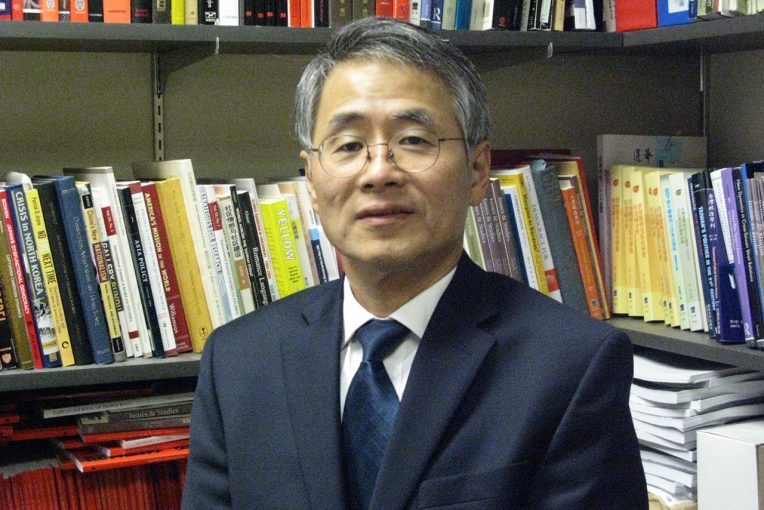Illinois State University’s Professor of Politics and Government T.Y. Wang has received an $80,000 grant from the Taipei Economic and Cultural Representative Office (TECRO) in the United States. The grant enables the University to host an international conference about Taiwan on campus this October, and supports an international lecture series on issues related to Taiwan.
For more than a decade, Wang has collaborated with a national group of senior scholars who study Taiwan. The Taiwan and Asia Program scholars share resources and combine research efforts to understand the unique political environment in the area.
“Taiwan successfully built a full-fledged democracy from an authoritarian regime,” said Wang. China does not recognize Taiwan’s independence and constantly threatens the island country with military force, yet peace and stability between China and Taiwan have been maintained in the region, in no small part due to the work of the United States, noted Wang. “The lack of open hostilities can be considered one of the most successful diplomatic efforts in recent U.S. history,” he said. “The U.S. has a policy of ‘strategic ambiguity’ toward the issue of Taiwan that has been quite effective in staving off war.”
Wang contends that Taiwan represents a key to understanding foreign policy efforts between China and the U.S., as well as the U.S. and other emerging democracies. “There are many lessons to be learned on the diplomatic front,” said Wang. “And the future of the region rests in how we understand Taiwanese-Chinese relations.”
Using the grant from TECRO, Wang has also been placed in charge of coordinating funds for an international speaker series. “Money from the grant will support lectures on issues related to East Asia and the subcontinent,” said Wang, who is already receiving applications. “That means Illinois State University will be listed as a co-sponsor for lectures all over the U.S.”
The Taiwan and Asia Program will also use an additional $20,000 to conduct a survey examining Chinese, U.S., and Taiwanese foreign policies. The survey will be conducted by Duke University, with raw data that is publicly accessible without charge.

